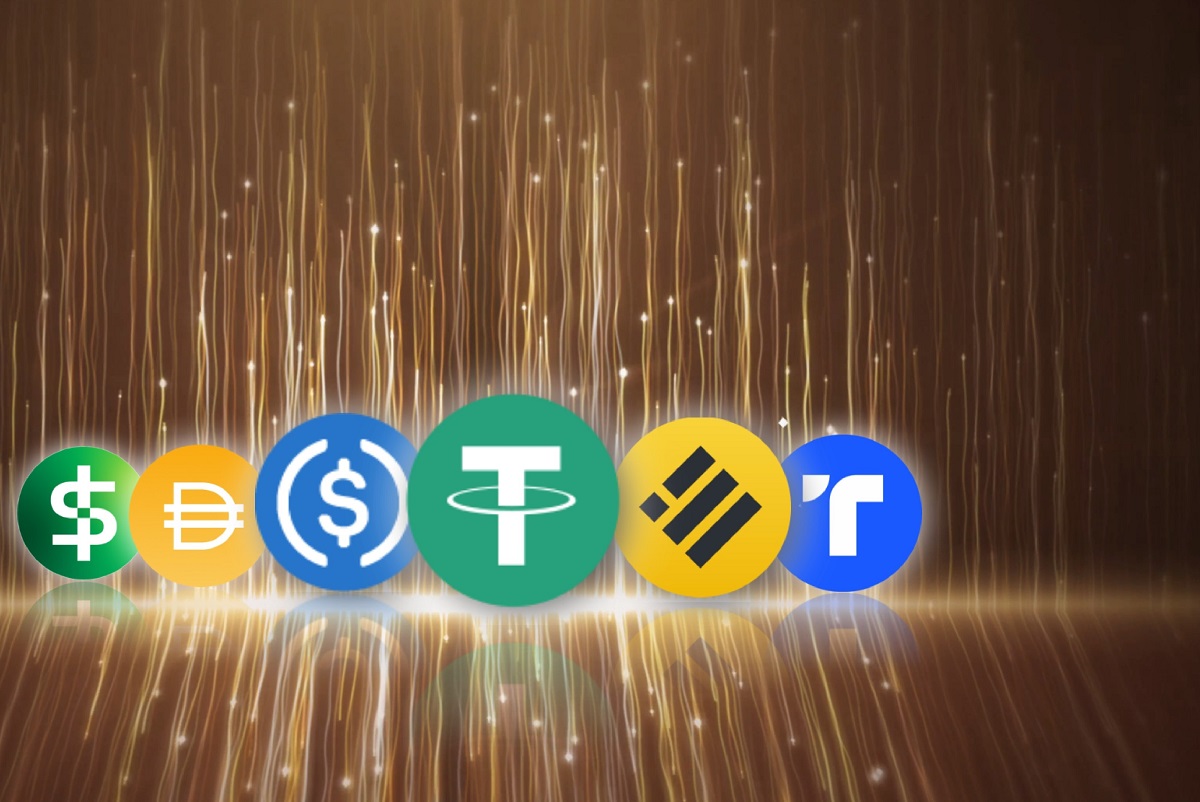Weeks after lifting the ban on cryptocurrency trading, the Central Bank of Nigeria (CBN) appears to be going all-in on cryptocurrencies. The apex bank has approved the 2024 launch of cNGN, a stablecoin pegged 1:1 to the Naira. The event comes two years after the breakthrough of eNaira, making Nigeria the first African country to create and launch a central bank digital currency (CBDC).
However, cNGN is not just another CBDC as widely assumed. It is a new cryptocurrency from the African Stablecoin Consortium (ASC). The group announced in a statement on January 8 that the cNGN project has been put on hold. Additionally, ASC fully reserves cNGN to maintain a 1:1 peg with the Nigerian Naira.
There is no official whitepaper yet, but preliminary information indicates that it will be similar to USDT or EURC tokens in design and functionality.
What is ASC?
The African Stablecoin Consortium (ASC) is a community of (mainly) Nigerian financial operators and stakeholders that aims to improve financial inclusion and bridge the gap between digital and fiat currencies in Africa. Although not a government agency, all members of ASC are fully licensed financial institutions and stakeholders in Nigeria.
This stablecoin project is ASC’s first foray into digital currencies and is already receiving rave reviews from observers as its first attempt to create a stablecoin from an African cryptocurrency.
Why was the February release date delayed?
Although the January 4 memo promised to launch the stablecoin by February 27, the ASC made a U-turn on the launch date, making it clear that the stablecoin would not be publicly launched on February 27.
The statement did not provide an alternative release date, but cited agreements with “appropriate regulatory agencies” as the reason. The consortium and followers of the project may have to wait for further communication from ASC regarding the new release date.
With the launch of eNaira and its subsequent lack of acceptance still fresh in the minds of many Nigerians, enduring a brief delay could have long-term benefits for the project. The rush to launch something incredibly buggy to millions of hopeful Nigerians could see the cNGN stablecoin go the way of its predecessor. In other words, it’s a colossal failure.
Why did eNaira fail?
The Central Bank of Nigeria’s (CBN) initial attempt at a digital currency, eNaira, failed miserably, with many cryptocurrency researchers and stakeholders seeking to explain the digital currency’s failure despite Nigerians’ receptive attitude toward cryptocurrency assets. I gave a reason. First of all, eNaira was not a cryptocurrency in the traditional sense. It is a digital currency (CBDC).
Mainstream cryptocurrencies such as Bitcoin and Ethereum are decentralized for privacy and security purposes. However, the Central Bank of Nigeria (CBN) is responsible for issuing eNaira and can monitor all transactions on the currency’s blockchain.
Because it is not a cryptocurrency, it cannot be stored in a regular cryptocurrency wallet. To use and spend eNaira tokens you will need to download another (often buggy) app.
It didn’t help that the eNaira app was so buggy that CBN had to remove it from the app store soon after launch. With essential KYC features broken and many features not working in the initial release, most Nigerians gave up on eNaira before it had time to show its promise.
It didn’t make sense to have to complete a very buggy KYC process that would hand over user data to the Nigerian government to access a digital wallet that offered no advantages over traditional bank accounts for currencies that didn’t play well with other digital wallets. Most people and projects have failed.
How is cNGN different?
Following Nigeria’s controversial 2023 general elections, the new government appointed new leadership at the CBN, bringing significant changes to digital finance policy. First of all, the CBN lifted the long-standing ban on cryptocurrencies and pushed eNaira into the background while marketing its new cNGN project.
Unlike eNaira, cNGN is not issued or monitored by the CBN. Additionally, it is not locked to any specific blockchain or cryptocurrency wallet. You can move. Stablecoins are a safer, faster and more personal cryptocurrency alternative to eNaira. It remains to be seen whether Nigerians are interested in retrying the failed project.

